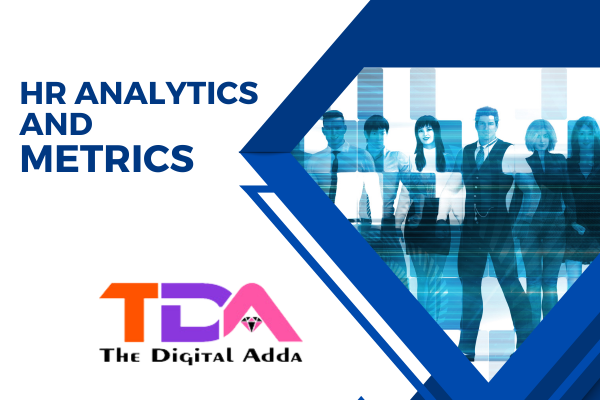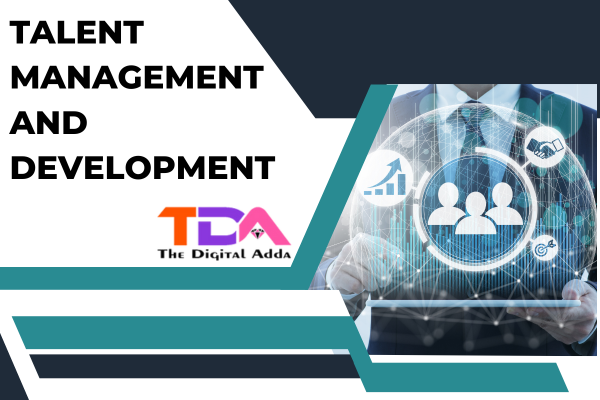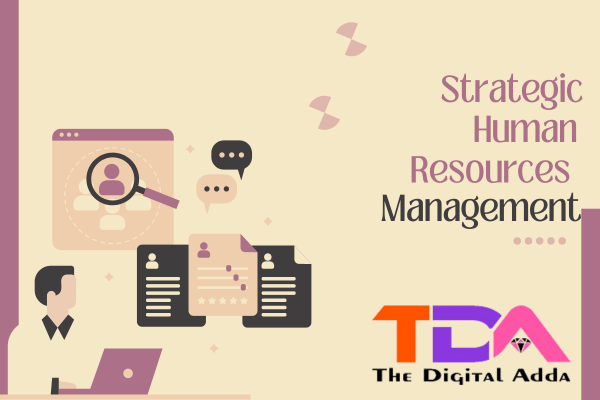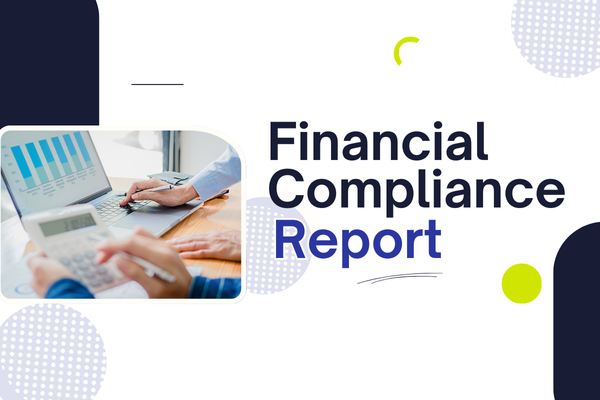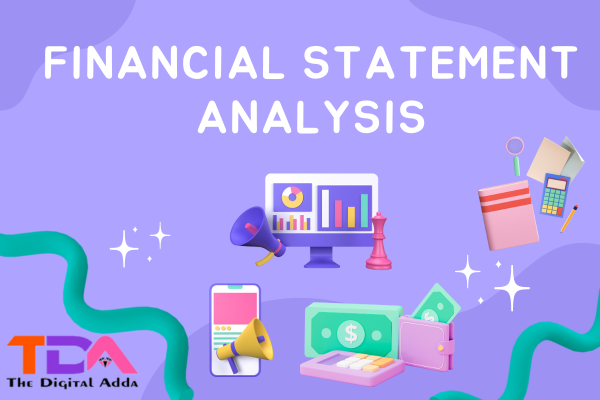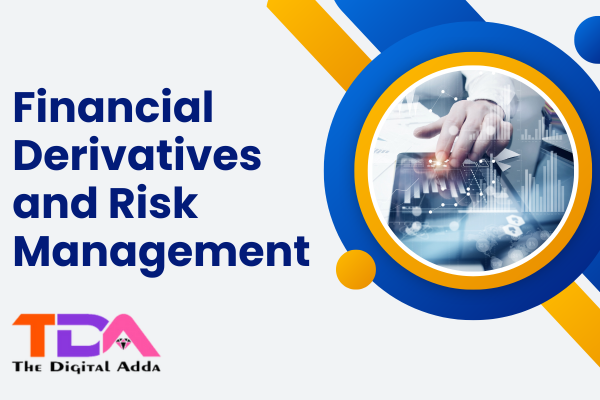Data Science Certification – The Digital ADDA
Data science is an interdisciplinary field that combines various techniques, processes, algorithms, and systems to extract knowledge and insights from structured and unstructured data. It encompasses a wide range of skills and tools to analyze, interpret, and make predictions or decisions based on data. Data science is crucial in today’s data-driven world, and it has applications in numerous domains, including business, healthcare, finance, and research. Here are key components and concepts of data science:
- Data Collection: Data scientists collect and gather data from various sources, including databases, web scraping, sensors, surveys, and more. Data can be structured (e.g., tables, databases) or unstructured (e.g., text, images, videos).
- Data Cleaning and Preprocessing: Raw data often contains errors, inconsistencies, missing values, and noise. Data scientists preprocess and clean the data, which involves tasks like handling missing data, outlier detection, and data normalization.
- Exploratory Data Analysis (EDA): EDA involves visualizing and analyzing data to discover patterns, trends, and anomalies. This step helps data scientists gain a deeper understanding of the data before building models.
- Feature Engineering: Feature engineering is the process of selecting, creating, or transforming features (variables) to improve model performance. This step is crucial for training machine learning models.
- Machine Learning: Machine learning is a subset of data science that focuses on building predictive models. It involves algorithms that automatically learn patterns from data and make predictions or decisions. Common machine learning techniques include regression, classification, clustering, and deep learning.
- Model Evaluation: Data scientists evaluate the performance of machine learning models using metrics such as accuracy, precision, recall, F1 score, and others. Cross-validation techniques help assess model generalization.
- Model Deployment: After training and evaluating a model, it can be deployed into production environments for real-time predictions or decision-making. This often involves integration with web applications or other software systems.
- Big Data: Data science often deals with large volumes of data, known as big data. Tools and technologies like Hadoop, Spark, and distributed databases are used to process and analyze big data efficiently.
- Data Visualization: Communicating insights effectively is crucial. Data scientists use data visualization techniques and tools like Matplotlib, Seaborn, Tableau, and Power BI to create meaningful and interpretable visualizations.
- Natural Language Processing (NLP): NLP is a subfield of data science that focuses on processing and analyzing human language data, including text and speech. NLP has applications in sentiment analysis, chatbots, and language translation.
- Deep Learning: Deep learning, a subset of machine learning, involves neural networks with multiple layers (deep neural networks). It excels in tasks like image and speech recognition and natural language understanding.
- AI Ethics and Privacy: Data scientists must consider ethical implications and privacy concerns when working with sensitive data. Responsible AI practices involve ensuring fairness, transparency, and data security.
- Domain Expertise: Data scientists often collaborate with domain experts to understand the context and domain-specific challenges related to the data they work with.
- Continuous Learning: The field of data science is constantly evolving, and data scientists must stay up to date with new techniques, algorithms, and tools.
Data science is a multidisciplinary field that requires a combination of skills in mathematics, statistics, programming (e.g., Python, R), and domain-specific knowledge. It plays a crucial role in solving complex problems, making data-driven decisions, and deriving actionable insights from vast datasets.




